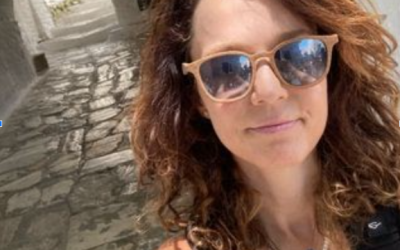Teach in the United States
We’re now offering teaching opportunities in the United States!
Teaching in the United States
There are thousands of teaching positions available across all 50 states in the United States. If you’re already teaching somewhere in the U.S. or you’re eligible to teach here, we have plenty of fantastic positions for you to choose from!
We recruit for private and charter schools, and we have some of the most sought after positions in the U.S. ready to send to you! Further your teaching career at a prestigious U.S. school by speaking with us about what exactly you’re looking for and where.
Overview
Requirements to teach in the U.S.:
- Must be eligible to work in the U.S. already
- Bachelor’s degree or higher (degree in education preferred)
- Teaching license for public school positions
Average monthly salary in the U.S.:
Monthly salary varies greatly in the U.S. depending on the state and city that you choose to teach in. It will reflect the cost of living in that area, and you’ll get to enjoy many other benefits on top of your salary.
Cost of living per month in the U.S.:
The cost of living varies greatly in the U.S. depending on the state and city.
Compare the cost of living in various U.S. cities here.
More information about the requirements to teach in the USA
- Teachers must be eligible to work in the United States prior to applying; very few schools are able to sponsor visas
- A minimum of a Bachelor’s degree is required; many schools prefer candidates with a degree in Education or post-graduate degree in the subject taught
- For all U.S. public schools, a state teaching license is required; a teaching license is preferred but not required for charter schools or private/independent schools
- For candidates without a degree in education or a state teaching license, a minimum of 2 years of relevant teaching experience is generally required
Why consider teaching at private or charter schools?
There are many reasons to consider teaching at a private school or charter school in the United States. First, a teaching license is not required to teach at a private or charter school in the U.S. but is required for all public schools. This allows teachers with experience but no license to obtain a standard Monday to Friday teaching job in the U.S. Even without this requirement, charter schools often pay at a similar scale to public schools.
In the United States, public school teachers generally receive higher salaries than private school teachers. However, private school teachers typically enjoy other benefits such as smaller classroom sizes, modern campus facilities, and more support and resources from administration. Additionally, some private schools will offer professional development and even education reimbursement for those completing education degrees or seeking their teaching license. The private schools that Teaching Nomad works with boast an incredibly high job satisfaction and quality of life for both teachers and their families.
Curriculums used in the U.S.
The main curricula used throughout the United States are U.S. Common Core, Advanced Placement (AP), and International Baccalaureate (IB). If you’re currently teaching in the USA, you likely already have experience with at least one of these curricula which is perfect!
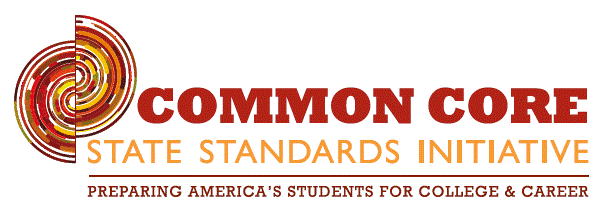
Teaching U.S. Common Core
More than 40 States follow the Common Core State Standards set forth by the US Department of Education. The vast majority of all K-12 schools in the United States create their curriculum using the Common Core Standards. You can find more info here: http://www.corestandards.org/standards-in-your-state/.

Teaching Advanced Placement (AP)
AP courses are offered at some schools at the high school level. AP courses are offered by the US College Board for high school students to gain college credit. AP courses culminate in an examination to determine if a student can receive college credit for that subject.
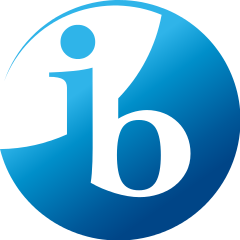
Teaching International Baccalaureate (IB)
There are more than 1,100 schools offering IB curriculum in the United States, many of which are integrated into public schools. IB is a curriculum that can be offered for all ages PreK through grade 12 but is most often offered at the high school level in the United States. Students can take IB exams to qualify for college credit.
Where in the U.S. can I teach?
Colorado is one of the fastest-growing destinations in the U.S. and for good reason. The capital city of Denver is nestled up against the Rocky Mountains, offering world-class outdoor activities such as hiking, skiing, and sightseeing. With 300 days of summer annually, there is always something to do in Colorado.
Texas, the largest state in the contiguous United States, has 900 private schools that serve more than 250,000 students. Texas is a diverse state with something for everyone and is a hub for travel throughout the United States. For teachers considering a move, Texas boasts a 0% state income tax.
If you want to live in a state that’s busting with activity, New Jersey is a great place for you! It has the highest density population of any state in the U.S., and 90% of all people who live in NJ reside in an urban area. There are tons of available teaching jobs on the East Coast, and New Jersey is a great place to choose to teach in!
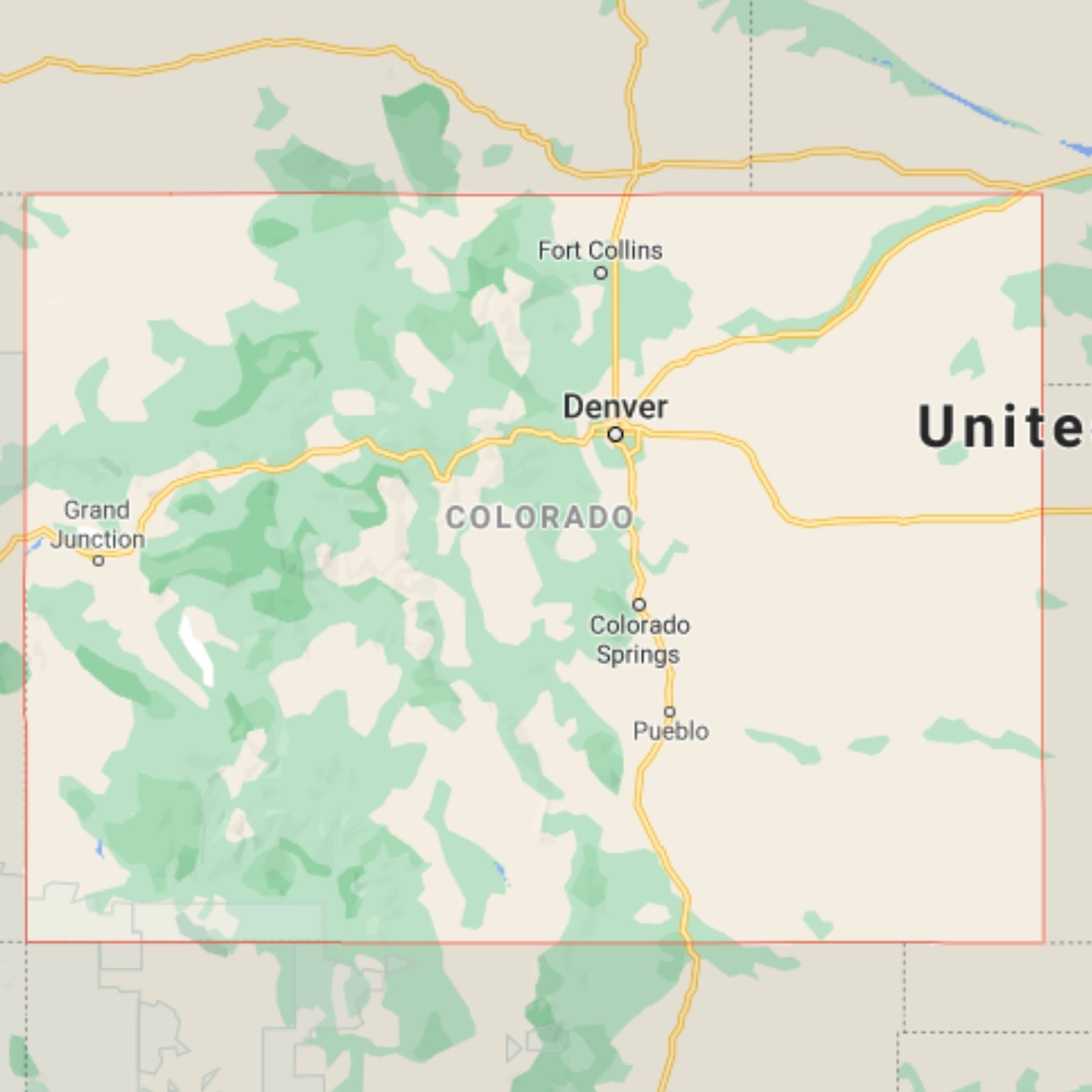
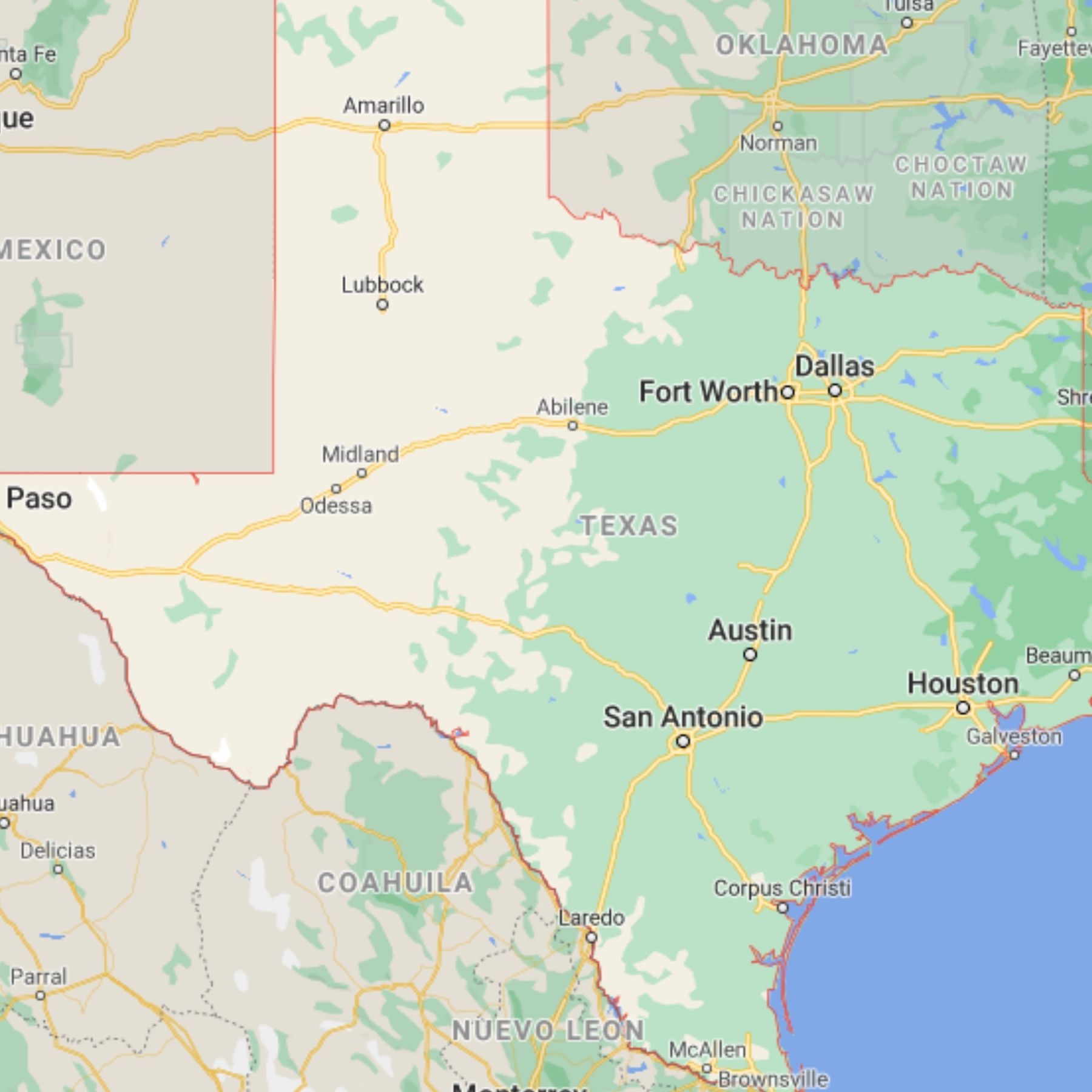
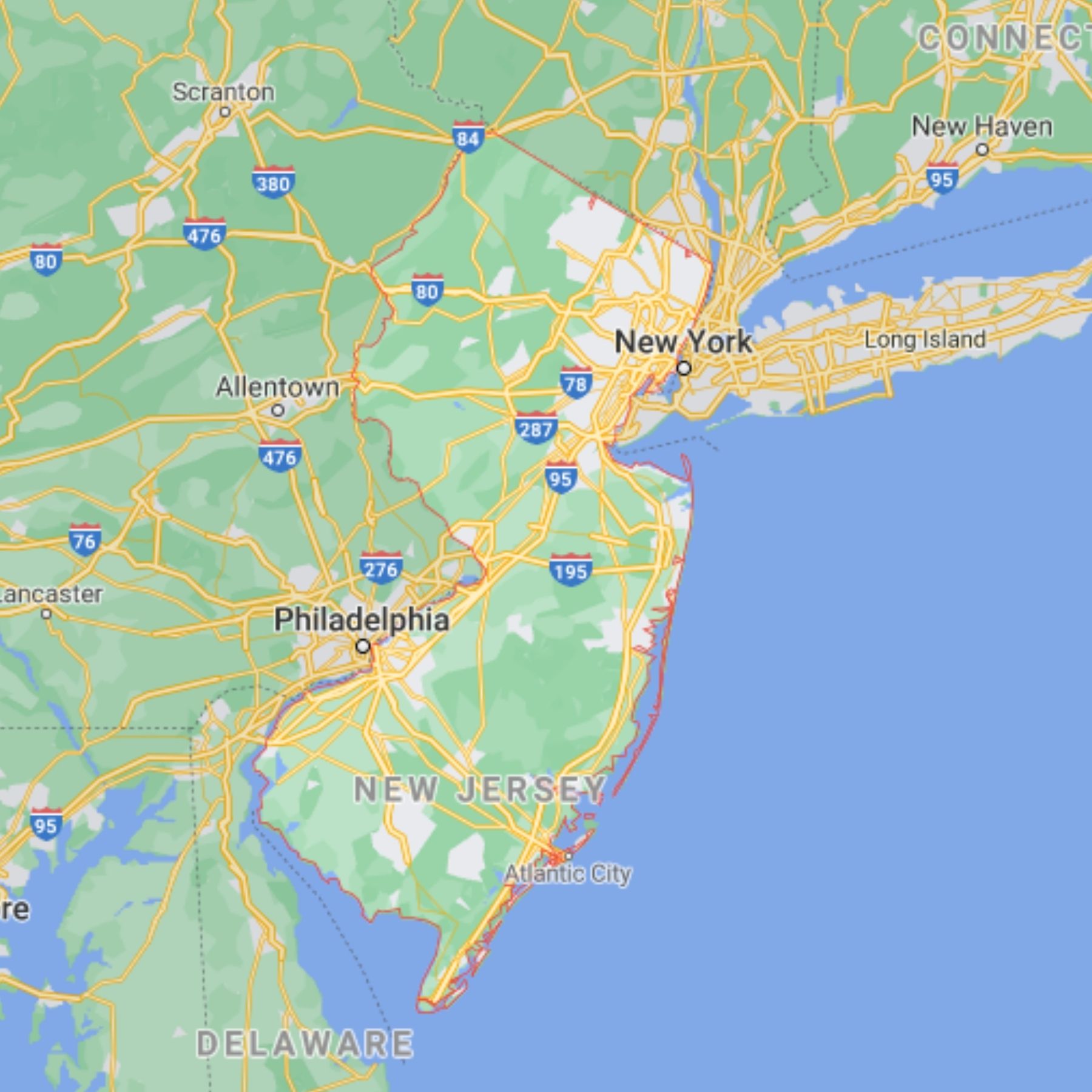
Types of schools in the U.S.
In the U.S., we recruit for private and charter schools. Each has its set of pros and cons, so be sure to understand what working at each entails prior to deciding where you’d like to teach.
Private schools in the U.S.
Private schools, also known as independent schools, are schools that are funded by private organizations and enrollment fees instead of the government. One major difference between public and private schools is that private schools do not require a government-issued teaching license. Many private schools are founded on a single guiding principle and vision. Additionally, private schools often boast smaller classroom sizes and a focus on college preparation for older students.
Charter schools in the U.S.
Charter schools are independent schools that are funded by the government. They are semi-autonomous in that they are not beholden to some of the same requirements as public schools, however, the education performance standards remain the same. Like public schools, charter schools charge no tuition to its students, and teachers tend to make a similar salary to that of public school teachers. Additionally, charter schools do not require teachers to have a teaching license in most cases.
Hiring and start dates
Private
Fall starts in August/September
Spring starts in January
Charter
Fall starts in August/September
Spring starts in January
Private and charter schools in the United States run on the same schedule. The fall semester begins in either August or September, and the spring semester begins in January after Christmas break. The peak hiring season for private schools is January – May, and the peak hiring season for charter schools is February – July.
Livability index of different states
Here are some livability statistics for each state (1 is best). The overall score is based on affordability, economy, education, health, quality of life, and safety. Check out the full statistics on Wallethub.
Qualifications vs salary in the U.S.
Here’s how experience & qualifications can affect your earning potential:
Bachelor’s Degree:
The minimum requirement for teachers in the United States is a bachelor’s degree.
State teaching license:
In the United States, all public-school teaching positions will require teacher certification for that state. However, a teaching license is not required for charter schools or private/independent schools. Although not legally required, many charter and independent schools will prefer candidates with a teaching credential. Additionally, a teaching credential will typically lead to a greater starting salary.
With Teaching Nomad, teachers can earn a United States teaching license from anywhere in the world!
Post-graduate degree:
An M.Ed will always be an advantage. A post-graduate or advanced degree will move you up on the salary scale, lead to promotions and let employers know that your serious about a career as an educator. You can complete an M.Ed in-person or through some great online programs.
Location:
Currently, Teaching Nomad is working with schools in Colorado, Texas, and New Jersey with more coming soon!
Hours:
Teaching hours in the United States follow the standard Monday to Friday, 8:00 AM to 4:30 PM schedule, with some variation school to school. Every school will offer standard summer, winter, spring, and fall holidays, in addition to federal holidays.
Salary:
Salary will vary greatly depending on the school and location, and the salary will tend to reflect the cost of living for the surrounding area. In general, salaries for public school teachers will be higher than private school teachers. However, private schools tend to offer more benefits and a higher quality of life for teachers, including more classroom resources and smaller class sizes.
Benefits:
Unlike overseas teaching, US schools very rarely offer housing of any kind. Teachers will be expected to cover all housing and utilities expenses with the base salary. Most US schools do offer fully paid summer and winter holidays in addition to other breaks and federal holidays, equaling 12 to 14 weeks of paid time off each year. Schools will also often offer health insurance, retirement benefits, professional development opportunities, and more.
Earn your U.S. teaching qualification
Earn your U.S. state teaching license and/or your M. Ed. in 9-12 months! The program can be completed from anywhere in the world (remote), and afterward, you’ll qualify for higher-paying jobs at international schools around the world.
What our teachers are saying
Blogs about teaching in the U.S.
Learn more about teaching in the United States
Teaching Experiences: Jolie Augustine
Substitute teaching is often more than just a job. For many, it becomes a rewarding career change. Retirees can discover a second life in substitute teaching while others use it as a flexible way to make money while they finish up school or pursue other goals. Its...
Virtual Interviews: Tips for Teachers
Make sure that you’re prepared for virtual interviews with schools by preparing your interview area, your device, and yourself properly.
Teaching in a Prison
Learn about how teaching in a prison can positively impact yourself and your students.


